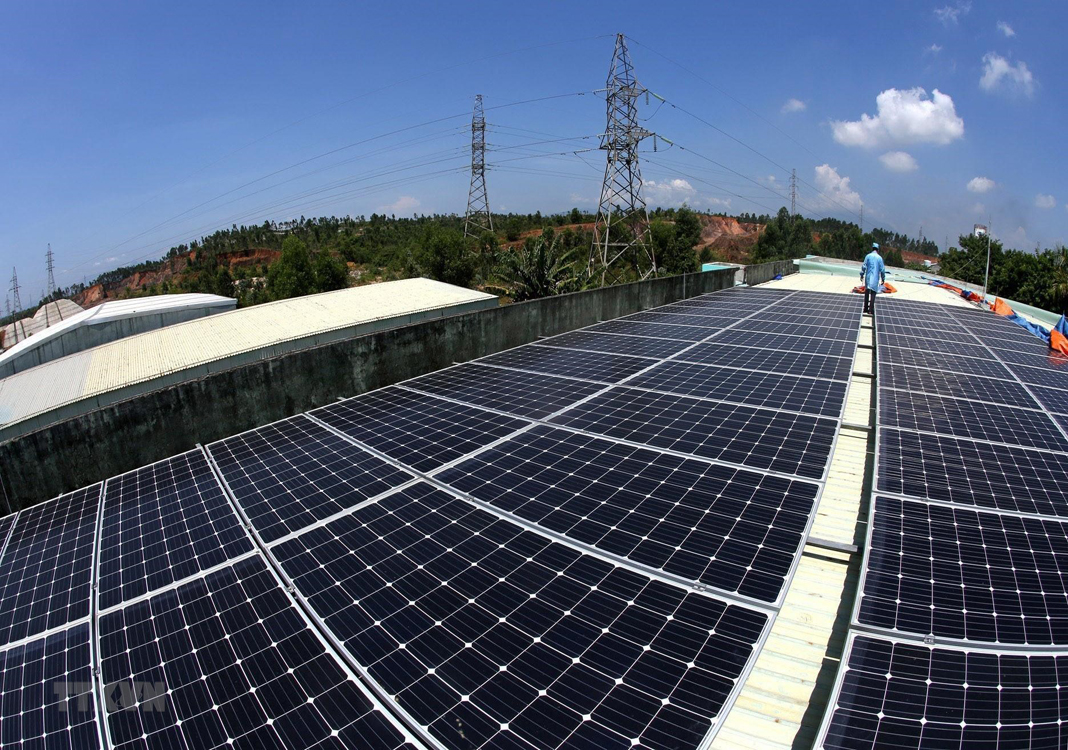HANOI – After inspecting the approved renewable projects in the central province of Ninh Thuan, the Government Inspectorate has urged the provincial government to work with investors to temporarily suspend or reduce investments in such projects.
According to the inspectors, there remain some shortcomings in the procedures over land transfer and land lease documents conducted in the province. Some solar power projects use land that was zoned for irrigation projects.
Based on the projects’ power transmission facilities and investment progress, the provincial government has to review and reach a consensus with the investors over halting and slowing down investments in solar power projects for which they have sought an investment approval from authorities but have yet to break ground on. This is aimed at minimizing the number of projects whose power generation capacity has decreased after being put into commercial operation.
The provincial government was required to ensure that 15 operational projects and five other projects that were completed last year generate 100% of their capacity, and review seven wind projects that received investment approvals but have not had their plans to get hooked to the national grid appraised and approved by the Ministry of Industry and Trade.
The Inspectorate asked the province to suggest to the Industry and Trade Ministry to consider and appraise projects that can fully produce power.
In recent years, Ninh Thuan has become an investment hotspot for renewable projects, especially solar and wind ones thanks to its huge potential and advantages of wind and sunlight. Over the past three years, investors have rushed to pour capital into renewable projects in this locality to enjoy incentives for high power buying prices offered by the Government.
However, as the incentives were only valid to projects approved before November 23, 2019, and connected to the national power grid prior to December 31 this year, investors developed their projects at all costs, thus leading to many projects seeking investment approval while they were yet to be permitted to connect to the national grid or have electricity purchasing contracts, leaving an impact on the national grid.
By Lan Nhi









